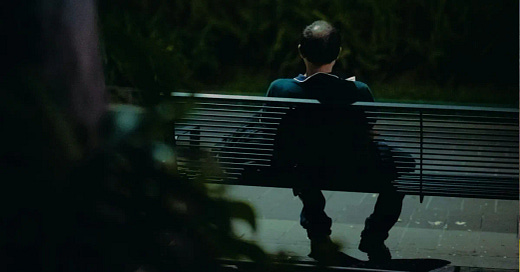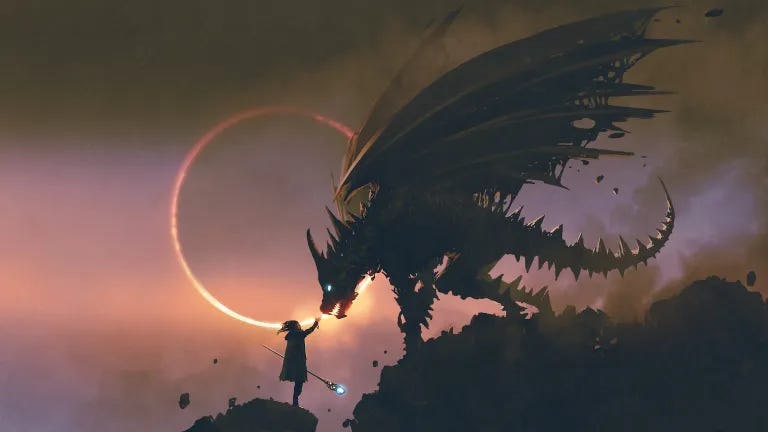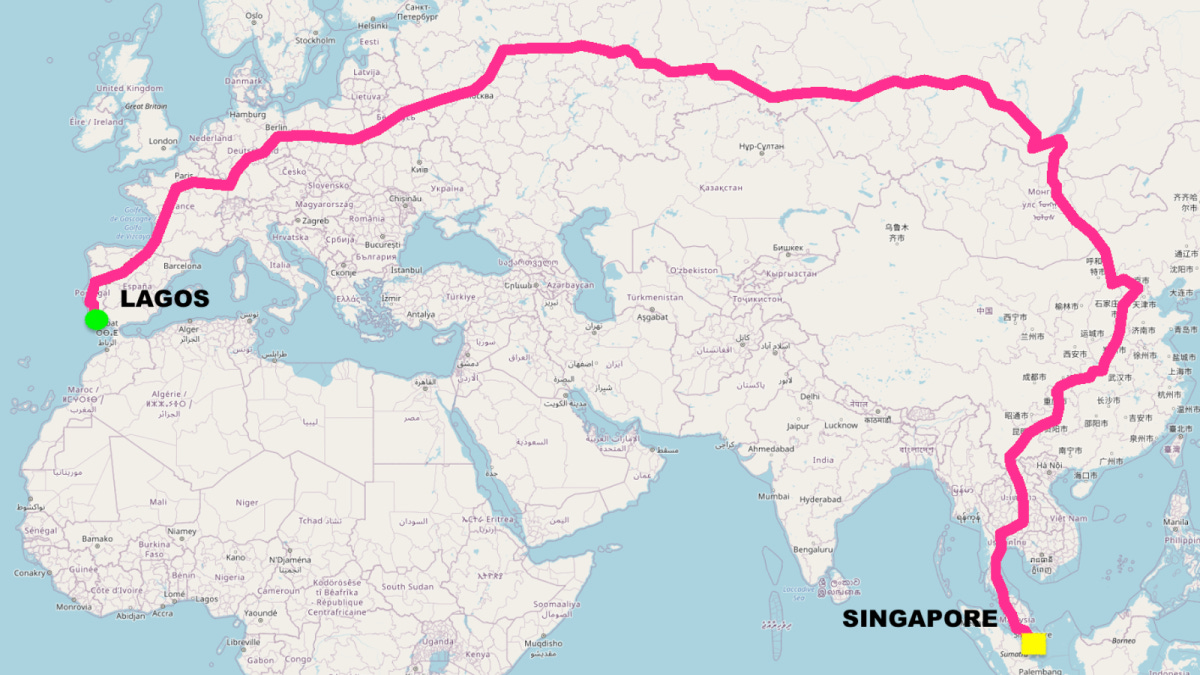Do relationships make us better?
5 personality differences between lifelong singles and couples.
with Jonny Thomson • Thu 3 July, 2025
Hey Big Thinkers,
Steve has been kidnapped. We’ve locked him in a basement at Big Think HQ without windows or distractions and told him he needs to edit. This summer, Big Think will release its first-ever print edition, focusing on the topic of consciousness. It’s serious business and requires serious editing — so no natural light or toilet breaks for Steve, I’m afraid.
So, you’re left with me — the often unserious and poor-at-editing host of Mini Philosophy, Jonny Thomson. I’m here to present you with a rundown of our most popular articles from 2025 because, hold on to your sleigh reins, we're just over halfway through the year, closer to Christmas than we are from it. This week, we’re looking back at what management types like to call “H1.”
And what a disparate collection of intellectual wonder there is. We’ve got suck-less black holes with Ethan Siegel, the psychology of singleness with Ross Pomeroy, a long, untested train journey with Frank Jacobs, and a portal to fairyland with Big Think’s most handsome writer.
Big Thinking caps on, everyone*. It’s time for a magical tour of Big Think's big H1.
Go well,
Jonny
*Not you, Steve. Back to work.
THE BIG ONE
The Big 5 personality traits linked to lifelong singlehood
Arthur Schopenhauer had a theory: People never really change. We are born with certain core characteristics or personality types, and everything that happens over 80 or so years is mostly window dressing. The job of life is to simply find a life that suits who we are.
Being a tenured philosopher, he didn’t feel the need to empirically verify this theory, but there is something to it, though only so far. As Ross Pomeroy points out, modern psychology says that while “core aspects of an individual’s personality tend to be stable, significant changes can occur over decades.”
Schopenhauer lived and died single. But, I’m sorry, Arthur, not everyone is preordained to be so. Yes, some personality traits incline you to singledom, but not only is it possible to buck the trend, but we can also grow in who we are. Read on to find out more.
THE BIG FANTASY
Why Tolkien thought “sub-creation” was the secret to great fantasy and science fiction
When I was in my early twenties, I would lie quite a lot. People would often ask, “What are you reading at the moment?” and I’d pull out something nicely pretentious. “Well, I’m trying Camus in the original French. No, it’s L'Étranger, actually. A soft J at the end.”
In reality, safely away from judging eyes, I’d sit down in a chair to open a world of dragons, dwarves, and wizards. I’d love invented words: “The dark elves of the Hollow Reeve spent millennia mastering glyphweaving.” It turns out that Tolkien felt the same strange need to justify his works. A lot of his non-fiction work was spent writing about the importance of myth, fairy tales, and, of course, epic fantasy.
In this article, I explore some of his best points.
THE BIG ADVENTURE
The world’s longest train journey is epic — but nobody’s ever taken it
Every Christmas, lying under the tree was a rectangular, heavy gift. My brother and I would look at each other knowingly as we opened the traditional “Guinness Book of Records.” Most years, the content was the same, just with different pictures and layouts. But the best part of flicking through was trying to find a record that either my brother or I could do. Most straws in a mouth? No, Mom would disapprove. Longest moustache? No, I’ve barely hit puberty. Longest time hiccupping? Possible, but unpleasant.
Well, if you’re reading this, brother, we’ve found it. We’ve found the record to break. Because, out there somewhere, is the longest train journey in the world — and it’s never been taken. Yes, we might need to resolve a few geopolitical conflicts, but surely that’s easier than stuffing 500 straws in your mouth.
Popular Columns
Business: How the startup “pivot” can become a billion-dollar masterstroke
Starts With A Bang: JWST’s early galaxies didn’t break the Universe. They revealed it.
Books: 5 stories that teach you philosophy (better than some philosophy books)
Freethink: Has AI made “learn to code” obsolete?
THE BIG SUCK
Black hole myth busted: they don’t suck anything in
I try. I really try to get my head around a lot of physics. I’m starting from a base position of a childhood diet of Star Trek, recently enhanced through audiobooks and conversations with friends who are smarter than me. And, of course, I read Ethan Siegel’s articles.
Ethan somehow manages to combine all of my physics media into one. He is one of the smartest friends I have, he has a great podcast, and he often manages to frame obscenely difficult concepts in Star Trek-level language for me to understand. But I do wish he wouldn’t relentlessly undo all my (albeit wrong) understandings of physics. Here he is at it again, telling me that black holes don’t “suck” at all.
Jonny Thomson is the resident philosopher at Big Think and is the founder of the Mini Philosophy social network.
Get more from Big Think:
Mini Philosophy | Starts with a Bang | Big Think Books | Big Think Business













Consciousness is slippery. Like trying to staple fog.
This made my brain feel tickled in the best way. Loved the lineup: fantasy elves, personality doom, a train to nowhere, and a black hole that refuses to suck. Like chaos with a syllabus.
Also… please feed Steve soon.
Interesting, even intriguing. Makes me glad to be alive.